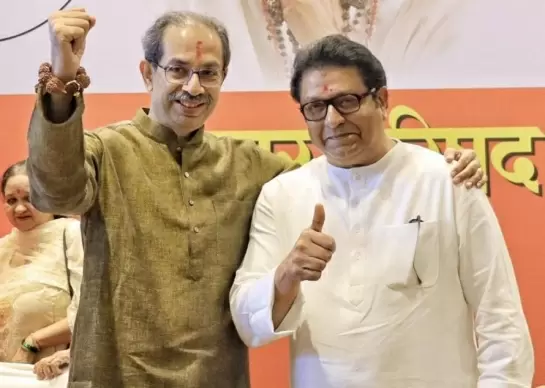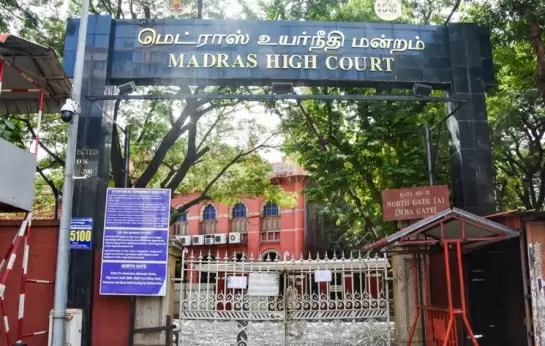SC forms panel over government advertisements
23-April-2014
The Supreme Court Wednesday constituted a three-member committee to frame guidelines to regulate issuance of advertisements by the government and its departments with an obvious political message.
The bench of Chief Justice P. Sathasivam, Justice Ranjan Gogoi and Justice N.V. Ramana said "the existing DAVP policy/guidelines do not govern the issues raised" by the NGO Common Cause and the CPIL as the guidelines "do not lay down any criteria for the advertisements to qualify for 'public purpose' as opposed to partisan ends and political mileage...."
The court said "there is a need for substantive guidelines to be issued by this court until the legislature enacts a law in this regard".
Chief Justice Sathasivam said there was no policy or guideline to regulate the content of government advertisements "and to exclude the possibility of any mala fide use or misuse of public funds on advertisements in order to gain political mileage by the political establishment".
The three-member committee would comprise N.R. Madhavan Menon, founder director of Bangalore's National Law School of India University; T.K. Vishwanathan, former Lok Sabha secretary general; and counsel Ranjit Kumar.
The court said the information and broadcasting ministry secretary would be member secretary, who would be coordinating and rendering assistance to the committee.
The committee will submit its first report to the apex court in three months time.
Pointing to the limited time available to the court to frame guidelines on the subject which was "sensational and significant", the bench said: "We deem it proper to constitute a committee to undertake the task of suggesting guidelines to this court after an intricate study of all the best practices in public advertisements in different jurisdictions and to submit the same before this court."
Accepting the government position that it was only through such advertisements that it communicates its policies, decisions, programmes and initiatives to the people, the court said the plea by the NGOs Common Cause and CPIL was "also not entirely misconceived".
"Since the primary cause of government advertisements is to use public funds to inform the public of their rights, obligations, and entitlements as well as to explain government policies, programmes, services and initiatives, however, when these requisites are not fulfilled in a government advertisement, then the whole purpose would be frustrated," it said.
Pointing out that the boundary line between the government advertisements to inform the people and those having political overtones can get blurred, the court said, "we need to distinguish between the advertisements that are part of government messaging and daily business and advertisements that are politically motivated".
Observing that the issue raised by the NGOs might be new to India, governments in other countries have faced such a situation in the past and they resolved it by framing advertising guidelines.
While Australia took steps to depoliticise public advertising and preventing conflict of interest so that no person or group exploits public advertising funds for individual or political gains, Canada also enforced guidelines for preventing conflict of interest by promoting transparency, accountability and separation of authority so that public advertisements could not be used for individual, financial or political gains.
The petitioner NGOs have proposed guidelines which are in fact verbatim adoption of the Australian guidelines.
The court noted this and said: "We do not think it will be appropriate for this court to adopt the guidelines of another country without application of mind and appreciation of situation in our country."-IANS
Nation Remembers Tamil Queen Veeramangai Rani Velu Nachiyar Who Fought The British
Treat Gig Workers As Human Beings, Not Disposable Data Points: Raghav Chadha
Missing BJP Leader Found Dead in Pond After Five Days in East Midnapore
Bulldozer Action In Rajasthan's Chomu After Stone-Pelting Incident
Cold Wave to Intensify in Delhi-NCR as Temperatures Dip Further; Air Quality Improves









